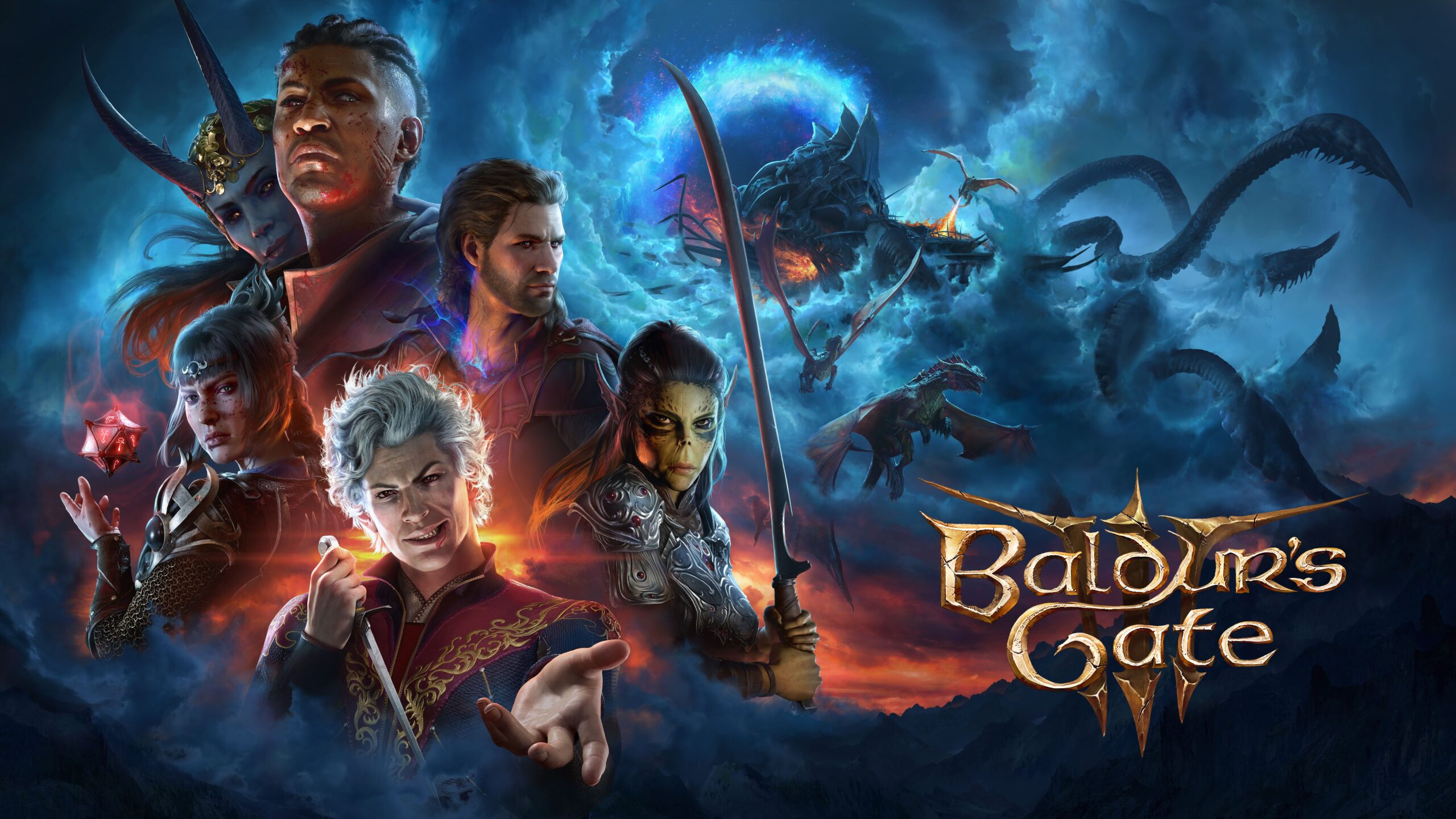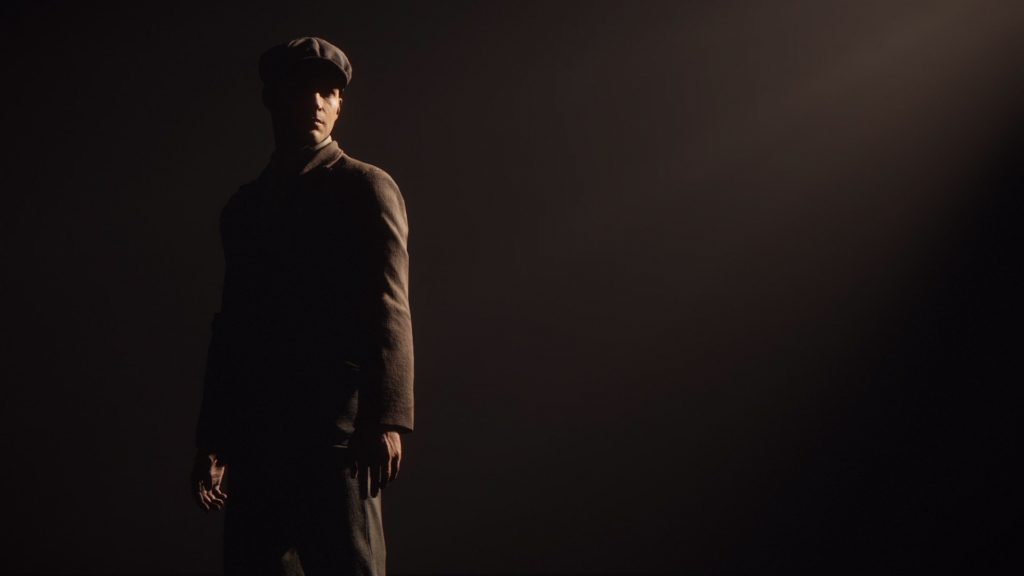
Mafia Definitive Edition is Unrelenting in Its Story and Clumsy in Its Mechanics
Mafia: Definitive Edition is a from-the-ground-up remake of 2002’s Mafia. Developed by Hangar 13 and using the same engine as Mafia 3, this remake both expands on that original game while holding true to its idiosyncrasies in the open-world genre. It is a heartfelt and rousing mob drama that is constantly at odds with itself.
The story is mainly delivered through fantastic cutscenes and is well written and quite compelling. The cutscenes themselves are interesting because there is a deliberate cinematic nature to them, and I often find games that try to recreate cinema as woeful experiences at best. But Mafia: Definitive Edition does not try to create a facsimile of filmmaking through its camera and editing, but rather through deliberate, moody, and inspired lighting. Furthermore, the brunt of the story and how it sets its mood is almost entirely relegated to cutscenes. They lead into and out of every story mission and gesture at how one should feel before going in by highlighting key characters’ emotions, purposes, and whether the mission is about getting ahead or getting revenge—it is usually revenge. The quasi open-world does not inform the story, rather the story informs the world. A vast open and detailed space just becomes set dressing for the mob drama at hand.
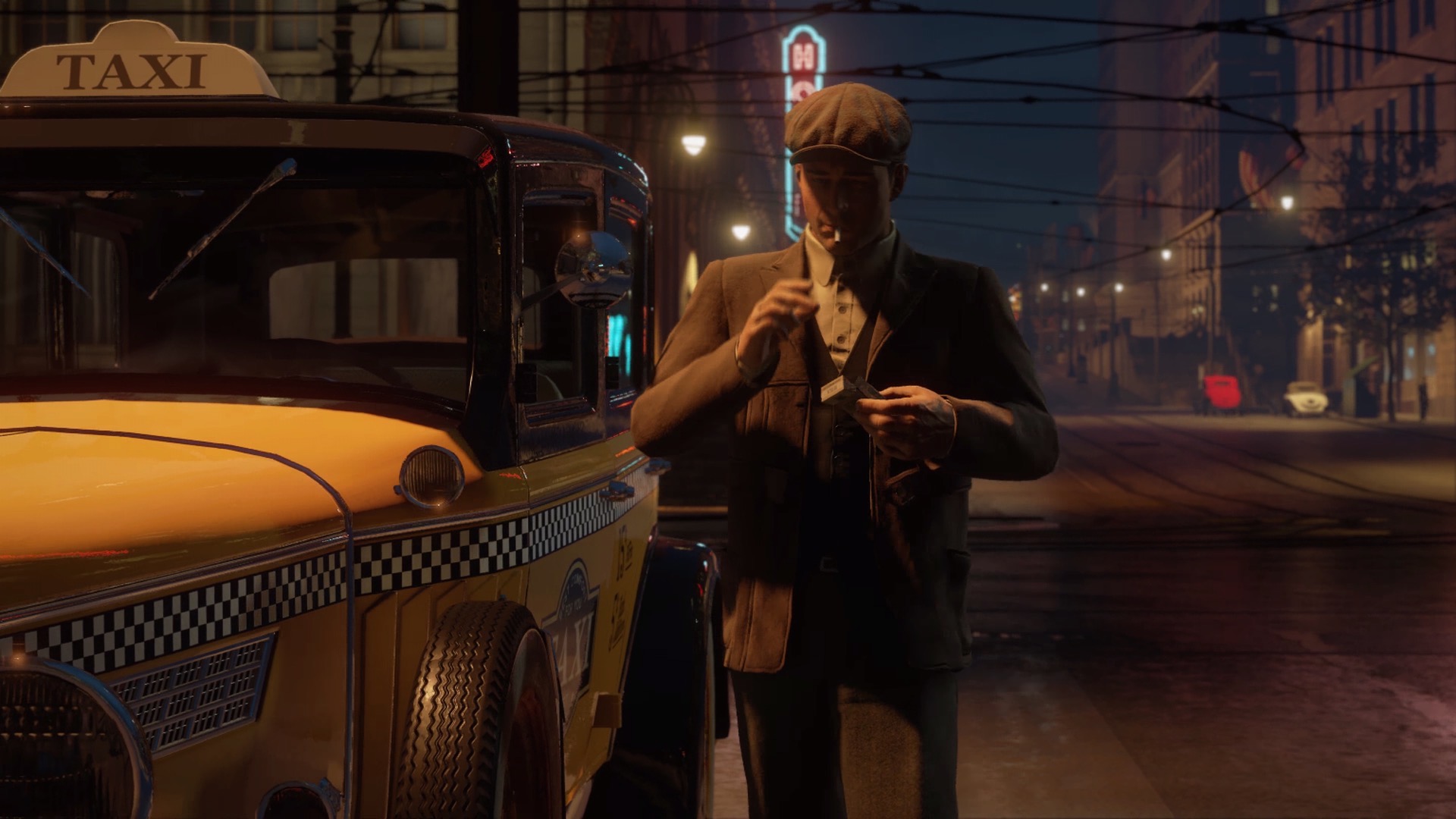
This remake uses the guise of an open-world to tell a fundamentally linear story, with chapter breaks and all, about one man’s rise and fall through the Mob world from the 1930 to 1938 in the fictional city of Lost Heaven (the game’s version of Prohibition and post-prohibition era Chicago). That man is Thomas “Tommy” Angelo. His humble beginnings are as a cab driver—one of the game’s great early missions sees you engaging in the day-to-day of being a cabbie and dealing with asshole customers of all varieties—and he luckily (or unluckily) stumbles headfirst into a world of nice suits, fedoras, illegal booze, tommy guns, and crime.
Sam and Paulie are the mid-level mobsters in the Salieri Family who bring Tommy into the fold after a chance meeting on a cold night. Tommy and Paulie’s chemistry feels nuanced and warm in a way that not a lot of AAA games portray. It is a masculine bond that is treated genuinely earnestly, flaws and all. But these are gross, bad men through and through.
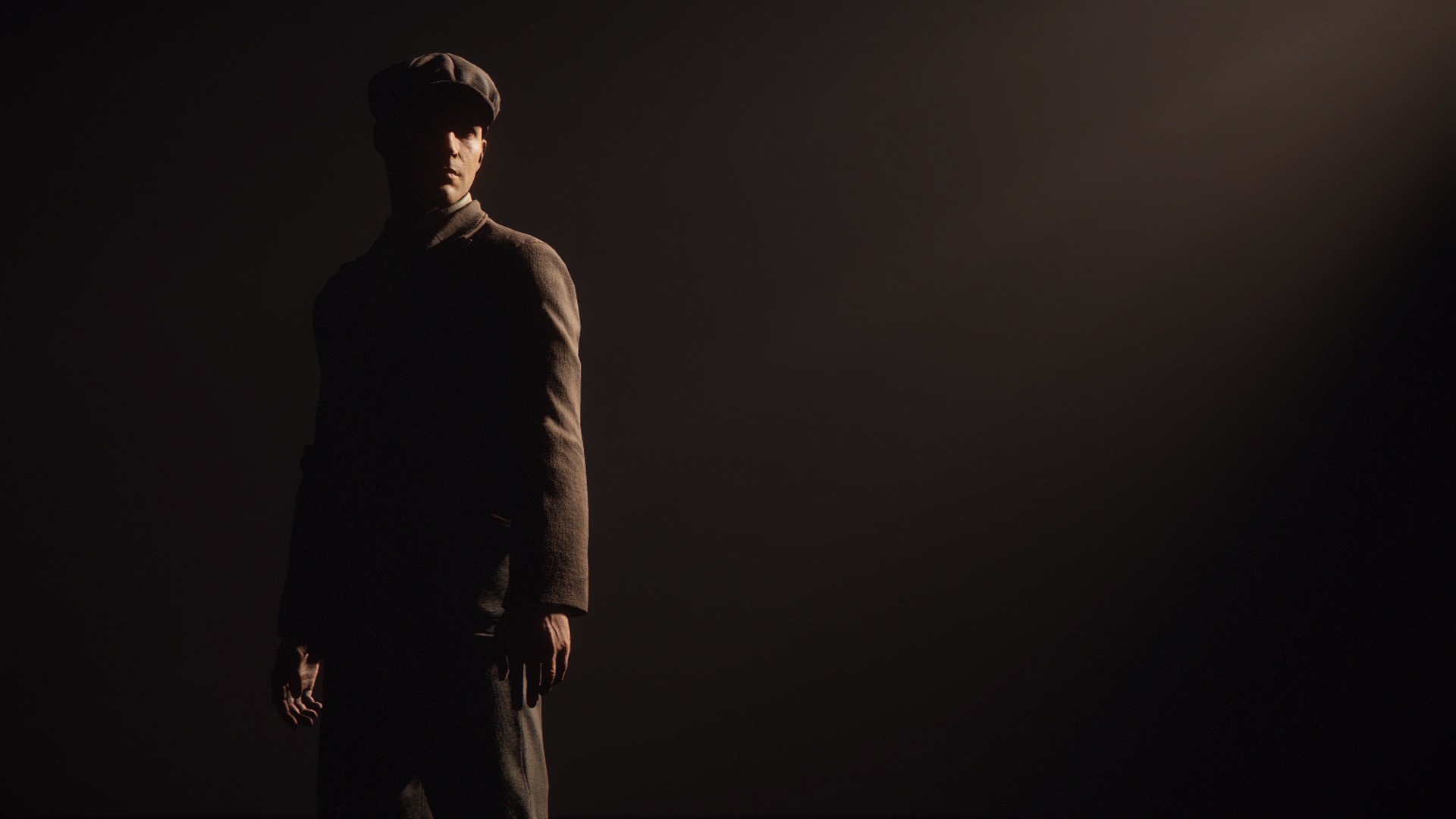
Tommy has a conscience and it is eventually what leads to that whole “fall” of the rise-and-fall story. His heart is part of what eventually frays the story from being just a simple mob drama—he thinks about his actions and their consequences in ways that his mafia pals do not. Thus, Sam is colder—Paulie is cold, but he is so in a reckless way. Sam’s chilly and violent nature is calculated and purposeful. His part in this trio of friends never really feels earned or like much of anything beyond the fact that he and Paulie have been in the family longer than Tommy and must show him the ropes. The character work at play is often uneven—key players in the narrative get their due but almost every other person in the story feels like an afterthought, which is a bummer for a game that goes out of its way to try and feel fully realized.
A strong narrative and stellar pacing begins to drag in the middle before really coming through during the last three hours. The last few chapters of Mafia: Definitive Edition are the perfect concoction of storytelling and gameplay. But the rest of the game doesn’t feel as tight as those last few hours—lowkey story missions are set up that then fall into gunning down endless hordes of enemy mobsters for almost no reason. The escalation is rarely warranted, and yes the racing mission still fundamentally sucks.
Mafia: Definitive Edition is a very serious and well-acted mob drama that spins a genuinely compelling yarn—complete with fantastic voice acting and a moody original score—but it is also a video game. And that is where Mafia: Definitive Edition is at its worst.
Controlling Tommy feels like trying to walk through thick mud. He is at times both floaty and too heavy. Moving him feels like you are always one step behind and are more so trying to recommend what he does and how he moves rather than having full control over him. Tommy feels like he could fall over at any moment and that is before any shooting or fighting happens.
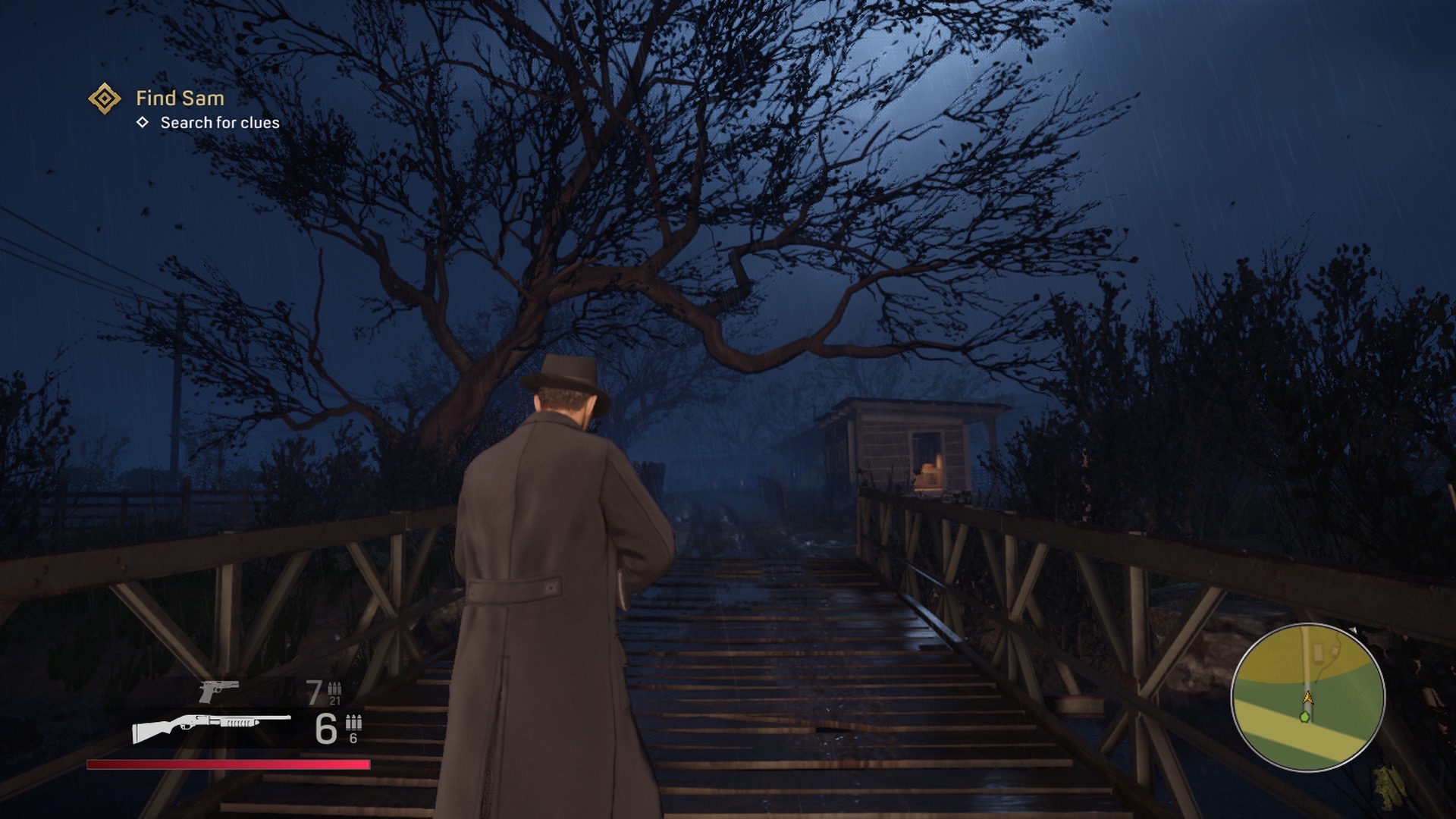
When in combat, popping into cover and shooting at enemies feels perfectly fine, but there’s not much to say for it beyond that. The weapons lack the punch of Mafia 3 which is a shame, and the hand-to-hand fighting is just bad. A meandering camera means that sometimes action is not in-frame and someone will just hit Tommy repeatedly. I didn’t expect the hand-to-hand combat to have any depth but the two button system plus, like, two canned takedown animations means that it turned stale quite fast. But the gunplay is fine and unloading a Tommy Gun into a group of enemies will never not feel cool.
The saving grace in the gameplay, for me, is the driving. It feels incredibly weighty and the period-specific cars are as heavy and slow as they are unwieldy. Meandering through the city at (semi) high speeds as the cops are on your tail never got old. Mafia: Definitive Edition is a mob drama after all—there are always cops to outrun and rival mafia families to be dealt with.
Viewing the open world of Mafia: Definitive Edition as funneled through a linear story is fascinating. The world is there for you to take in if you choose to. Nothing will ever tell you to just go drive around and take in the sights or find the boundaries of the game world. That is up to you because the story uses the large spaces of the open world not as a means to fill the map with side missions but to make the story and world feel more grounded.
This space is alive and active and the story happens within it and not the other way around. Playing the game on the Classic difficulty makes for an even more peculiar experience as seen through the tropes of the open world genre. In this mode, cops will pull you over for even the most minor infractions; the speed limit must be followed, health is scarce, and ammunition left in a magazine is lost if you reload your weapon early. These are all small things, really, but they make the world and game feel more deliberate. It slows things down and forces you to really step into Tommy’s shoes and drive from mission to mission and place to place. There is no fast travel and if you speed, then you’ll get pulled over, asked to step out of your car, and given a ticket. It is such a fascinating mechanic to see in a functionally open world game. Mafia: Definitive Edition can be the power fantasy that the open world genre is known for, but it is better played as a slower, lower key mob story with occasional moments of setpiece action and the Classic mode helps afford that feeling. And yet, the gameplay rarely ever feels like it is attached to the story that Mafia is telling.
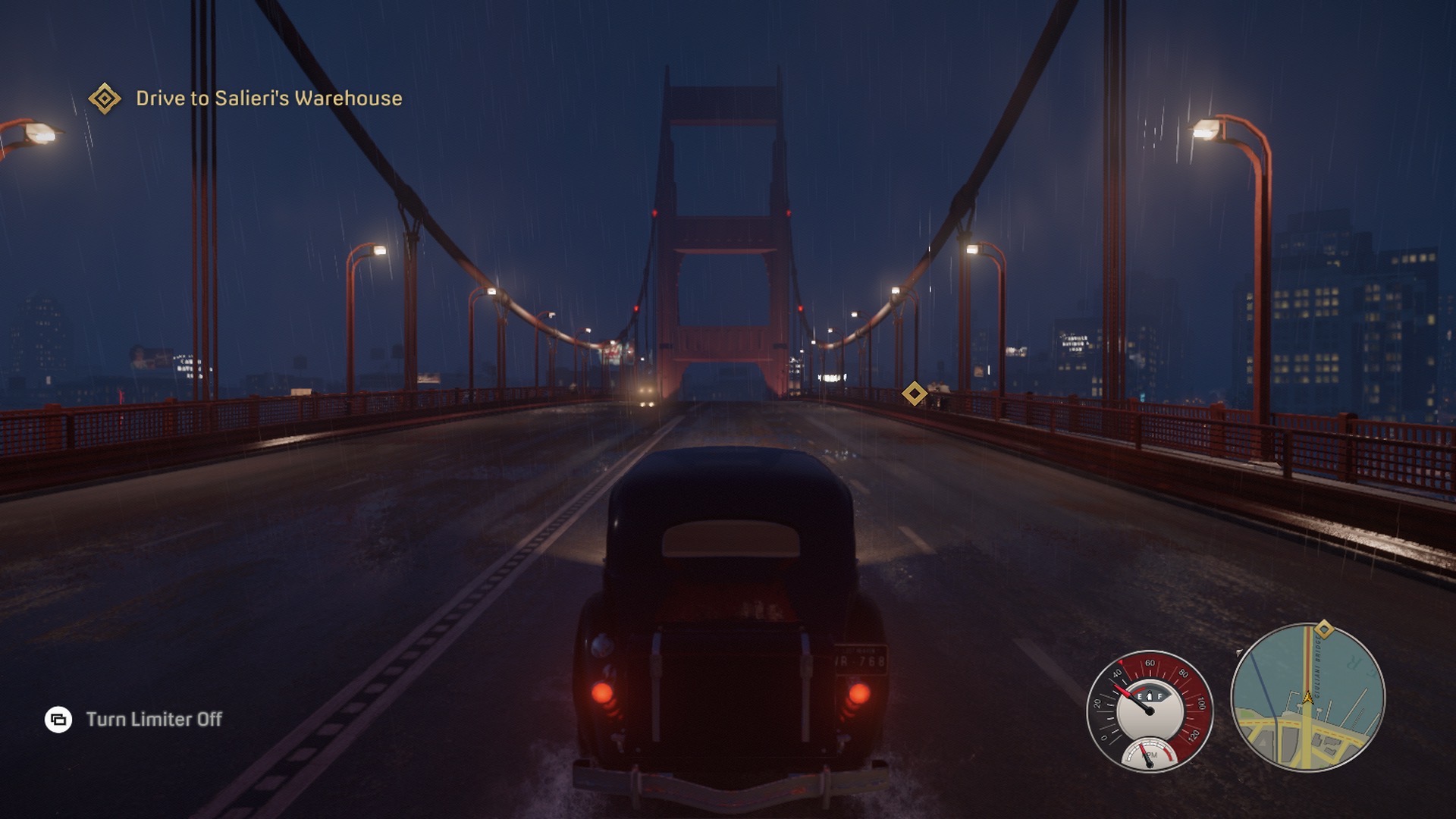
This separation struck me the most in an early mission where Tommy was still finding his footing in the Salieri family. Tasked to beat up three local hoodlums, Tommy and Paulie grab their bats and head out into the Little Italy neighborhood of Lost Heaven. They beat up a few of the bad guys and then that mission descends into a lengthy shootout in an abandoned foundry or factory of some sort. This escalation feels both unnecessary and unwarranted. It pulled me out of the narrative because, at the time, the story still felt small and insular. Yes, I knew down the line things would get grander and more intense with bank heists, assassinations, and the like. But this early mission just unfurling into a big pointless shootout undercut almost everything the game had done up to that point with both worldbuilding and its characters.
This dissonance is very familiar in games—just look at Uncharted—but Mafia’s story is so assured and well executed that I couldn’t help but be taken aback when the gameplay did so much to undercut it. But when the story and gameplay are in line and hitting alongside one another, Mafia: Definitive Edition becomes an incredible experience that rivals a lot of what I’ve played this year.
Mafia: Definitive Edition is a game that often gets in the way of what it does best, whether that is bad gameplay, missions that undercut the narrative, or the game’s odd performance at times (stuttering pop-in, in-and-out lip sync, and inconsistent draw distances being the main issues that I experienced in regards to performance), but I still find myself drawn to this game. It is a deeply flawed experience but the story itself is worth the minor annoyances at play.
Tommy’s tale as a small-time cab driver to a big-time gangster is a story that never really lets up, no mission is the same, and the final act has some of my favorite story moments in games that I have played through this year. The city of Lost Heaven is beautifully realized and it is full of small details that enhances both the story and its characters. Mafia: Definitive Edition is a game that you play for its story above all else, and in that regard it should not be messed. As for everything else in the game? Well, at least you get to use a Tommy Gun.





